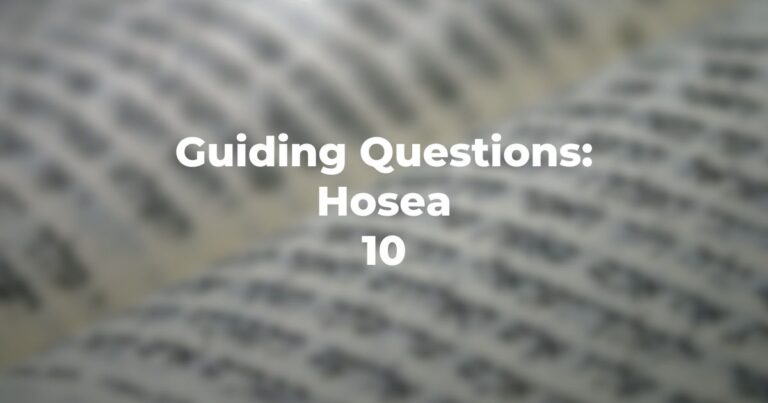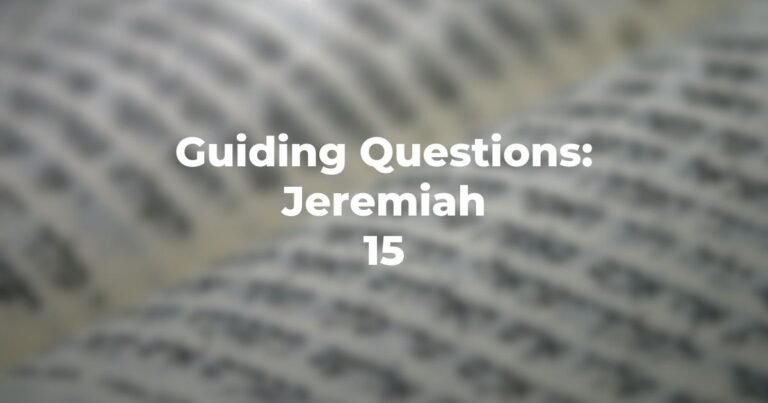- What is a “Nazir”?
- Can either a man or a woman take an oath to be a “Nazir?”
- Why would one take such an oath? Is the reason given in text?
- What is the prohibition stated for a Nazir as to food?
- What is the prohibition re: personal appearance (Numbers 6:5)?
- What is the prohibition re: a death—including a member of the family?
- Is there any personality in the TanakhAn acronym for the name of the Hebrew Bible: Torah, Neviim, and Ketuvim. Read more who was to be a Nazir, not according to his or her oath, but from birth, according to instruction to parents?
- Does the Nazir have any task assigned during Nazirdom?
- Are any of the regulations different for a male than for a female taking the oath to be a Nazir?
- According to Numbers 6:13 and following, how does the term of the Nazir end?
- And, when it ends is the former Nazir, male or female, in any way “different” or to be treated differently by the community from that point on?
- Why would (might) text have the sequence of the “suspected” wife, followed by these regulations for the Nazir?
- Does Numbers 6:22-27 bear any apparent relationship to the immediately prior text?
- Are the Kohanim told directly how to “bless the Israelites” or are they told via Moses and, if the latter, why?
- Is there any detail as to when or where the blessing is given?
- Is there any detail as to how the Kohanim blessed (i.e. hands outstretched? following lavation by the Levites?)
- Is the b’rakhah that of the Kohanim or communicating that of Divinity (Numbers 6:27)?
- Is any special preparation incumbent upon the Israelites to receive the blessing?
- What three desiderata are included in the three sentences (ending phrase in each case)?
Author
-

Exploring Judaism is the digital home for Conservative/Masorti Judaism, embracing the beauty and complexity of Judaism, and our personal search for meaning, learning, and connecting. Our goal is to create content based on three core framing: Meaning-Making (Why?), Practical Living (How?), and Explainers (What?).
View all posts




